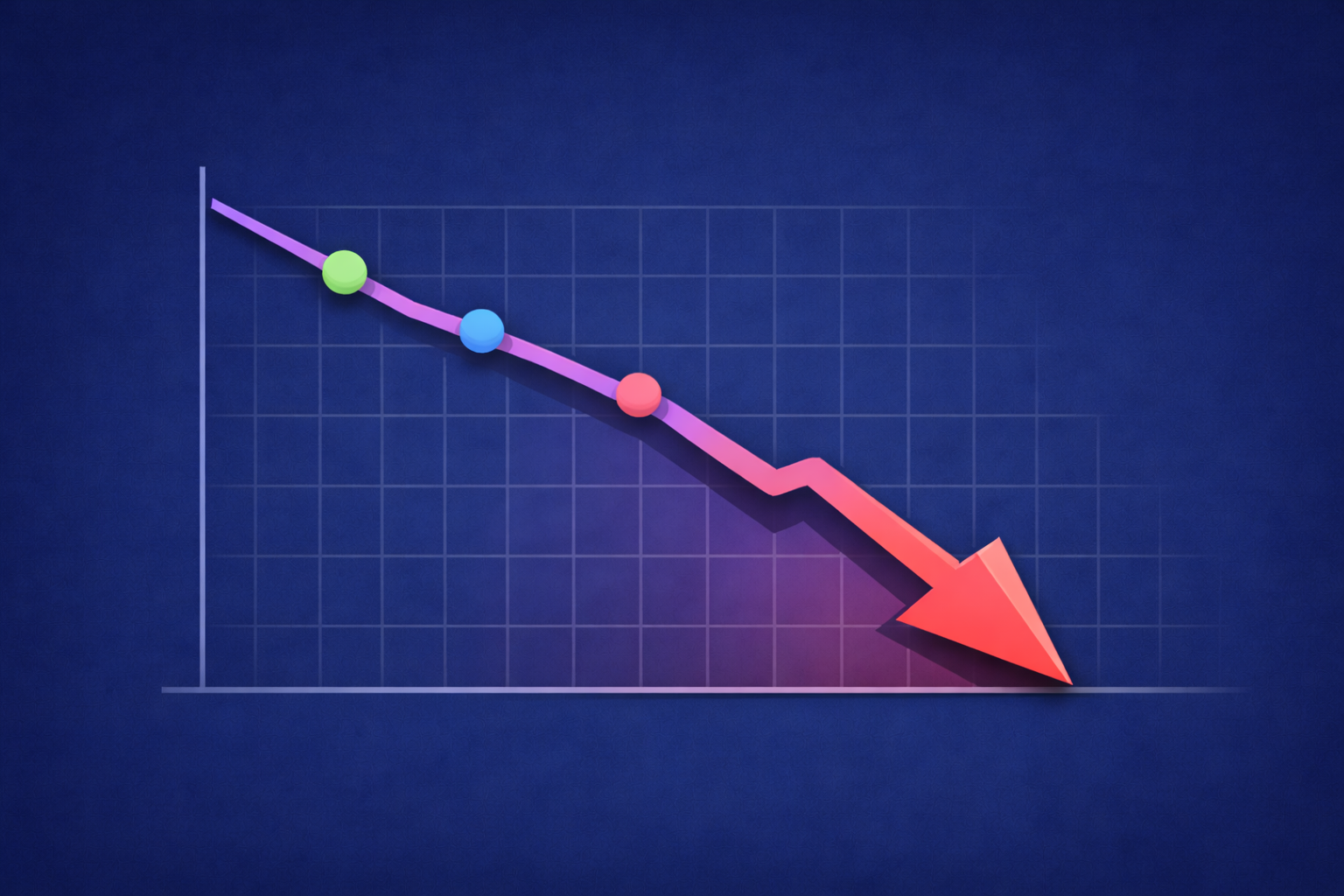I’m a huge Eurovision fan and have been hooked on the contest ever since my home nation of Estonia won the big prize back in 2001 when I was just one year old. My favourite ever act has to be Abba (yes that is me in the group photo).
Now as the UK prepares to host the most anticipated song contest of the year, I decided to look back on the history of Eurovision and rank the participating countries based on their all-time results.
I looked at the points that the countries have accumulated from the first Eurovision in 1956 and crunched the numbers to predict who would win the contest if it was based on average results.
Following Sam Ryder’s near-triumph at last year’s Eurovision, fans from around the world are gathering in Liverpool to be a part of the world's largest music event.
All of the 37 participating countries have announced their entry songs and people are already placing odds on who will be taking home the iconic glass microphone trophy.
Let’s have a look at what the numbers say about whether the UK has a shot of winning the 67th edition of the Eurovision Song Contest.
The results
According to average points collected each year, the winner of Eurovision 2023 is… drumroll… Australia!
Australia only made its Eurovision debut in 2015 but has had a very successful run - they finished as a runner-up in 2016 and have been in the top ten four times.
Australia has received some backlash for competing in the contest given the country isn't in Europe, however Aussies have been huge fans of Eurovision and have broadcasted the show for more than 30 years.
If my predictions are right and Australia was to actually win Eurovision, they wouldn’t however be able to host the contest and would have to nominate an European country to host on their behalf.
In second place we have last year’s winning country Ukraine. Ukraine only entered the competition in 2003 but has already won three times - in 2004, 2016 and 2022 and has never missed a Grand Final.
Ukraine came very close to the first place in our ranking and only lost by 0.53 points, with Ukraine scoring an average of 198.29 points each year and Australia achieving 198.82 points.
In the third place with 134.36 points is Azerbaijan who is also considered to be a latecomer to Eurovision, having made its first appearance in 2008. Azerbaijan has won the competition once in 2011.
Other countries included in the top ten are Serbia, Armenia, Moldova, Czech Republic, Romania, Sweden and Greece, listed in the order of their ranking.
According to our research, it seems like South Eastern European countries have nailed what it takes to win points in Eurovision and are the competition’s top performers.
What’s surprising is that the countries that have won the Eurovision most, like Ireland with its seven wins and the Netherlands with five victories, are not even represented in the top ten.
Another interesting fact is that none of the “Big Five” countries - France, Germany, Italy, Spain and the United Kingdom, who go straight to the final are also not among the top ten.
As a matter of fact, Germany actually landed in the lowest position on our list with an average of just 11.75 points.
The other founding countries were also relatively low on the list, with Spain in second to last place with 26.85 points, France coming in 30th with 45 points, United Kingdom in 28th place with 46.39 and Italy in 19th place with 59.4 points.
This can be explained by the fact that the voting systems have been changed multiple times ever since the first Eurovision in 1956.
Countries were granted far less points in the early years of Eurovision because there were only juries distributing points, but after the widespread use of telephone voting, the audience was invited to cast votes as well.
This is why the countries that have participated the longest also have a lower point average, giving the latecomers, like those in our top three, a competitive edge.
For example, the Netherlands won with just 31 points in 1957, but in 2017 Portugal came to victory with a whopping 758 points.
How did I get the results?
Due to the fact that there have been ten different systems for awarding points since Eurovision began, there’s no fair way to compare points.
Best I could do was to add up all the points that each country has accumulated in Grand Finals throughout the years and divide it by the number of times they’ve entered the competition.
I deducted one entry from each country that participated in the 2020 Eurovision Song Contest, as it was cancelled after the COVID-19 outbreak and the selected entries were broadcasted but no points were awarded.





.jpg)
.jpg)

.jpg)

